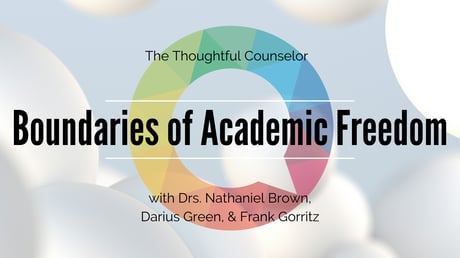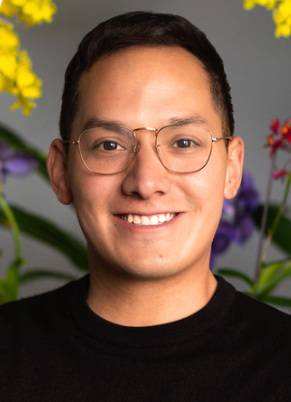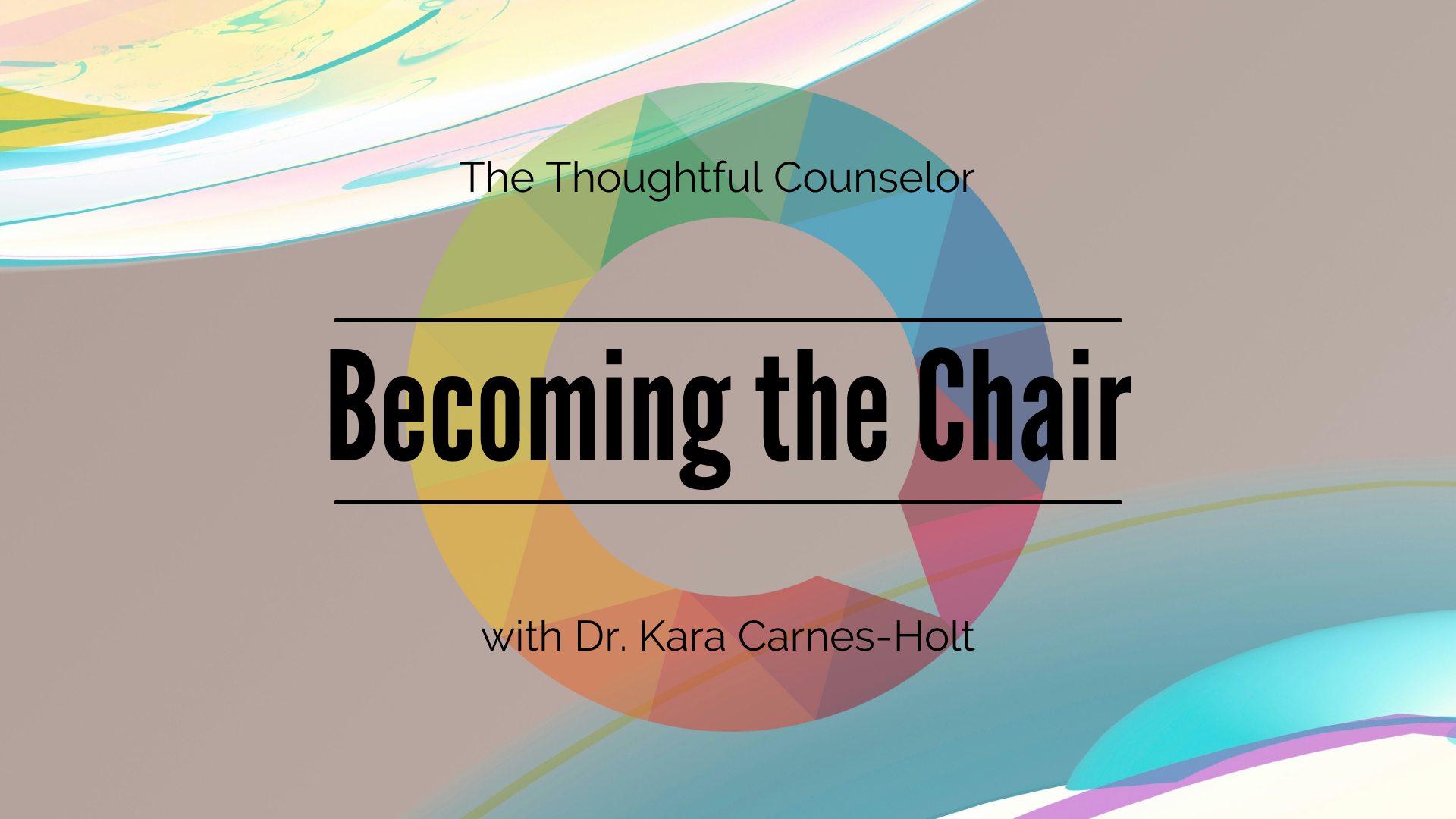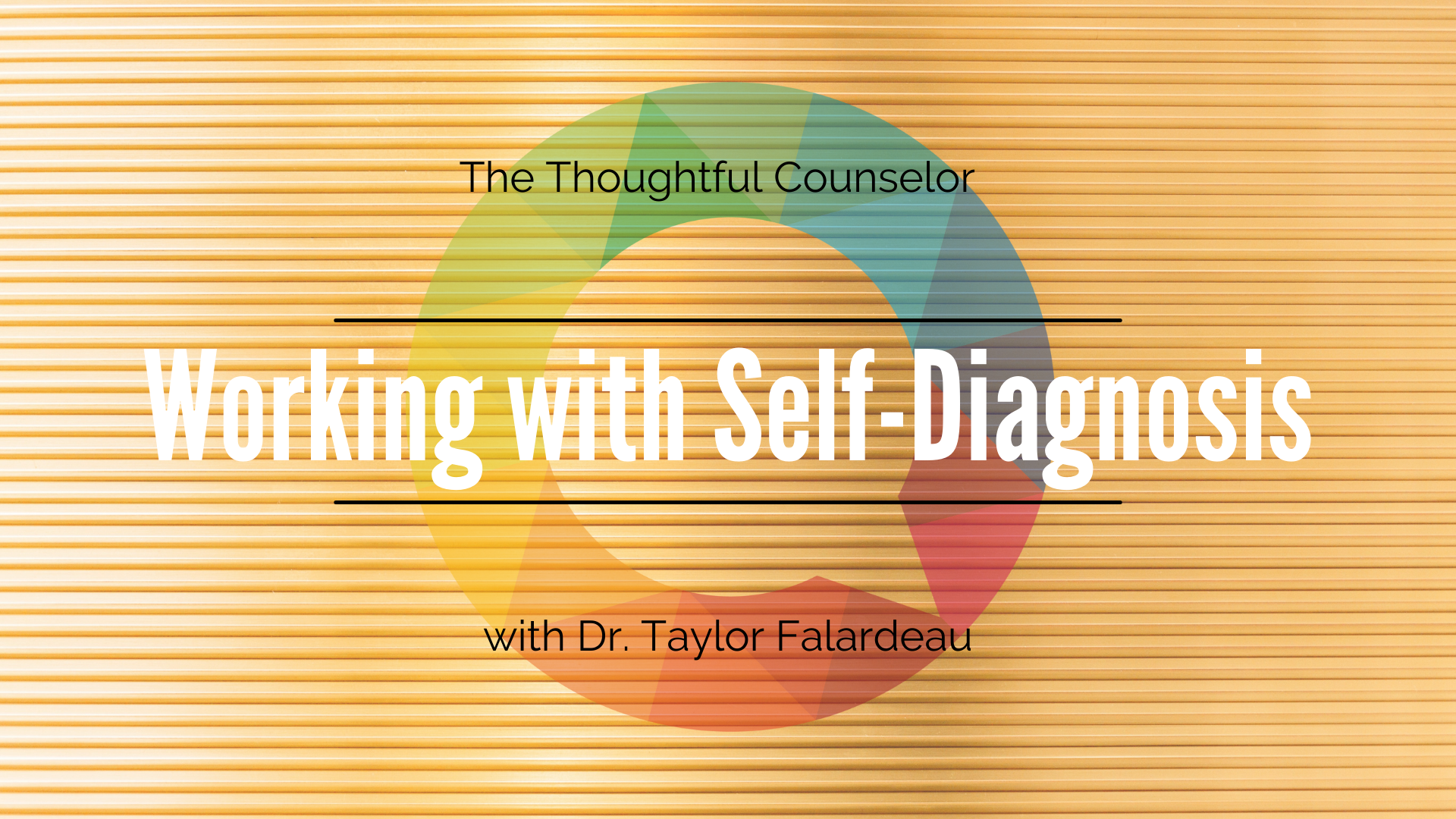Episode
Joined by Drs. Nathaniel Brown, Darius Green, and Frank Gorritz, the panel explores the implications of the civil rights complaint, boundaries of academic freedom, and whether CACREP standards are veering away from neutrality in counselor training. This conversation will challenge assumptions and invite deeper reflection on the future of counselor education.
Guests
Dr. Darius Green (he/him) is a counselor educator and Assistant Professor at the University of Colorado Colorado Springs. He is also a Licensed Professional Counseling Candidate in the state of Colorado. He earned his Ph.D. in Counselor Education from James Madison University in 2020. As a researcher, he has scholarly and social justice interests that broadly includes integrating social justice into training psychotherapists, clinical practice, and research. Specifically, he is passionate about infusing abolition and other liberatory frameworks into psychotherapy. Dr. Green primarily engages in scholarship on the topics of police violence, abolitionist praxis, racial trauma, and online racism for marginalized populations, notably Black Americans.
Dr. Nathaniel O. Brown (he/him) is an Assistant Professor and the Director of the Counseling program in the Department of Counseling and Educational Studies at the Johns Hopkins University School of Education. As a credentialed counselor and social worker with experience in college mental health, Dr. Brown’s expertise is rooted in practice, drawing on his interdisciplinary background from Lander University, Clark Atlanta University, and the University of Georgia. Dr. Brown is a translational researcher dedicated to bridging the gap between research and real-world clinical practice. His current research agenda focuses on three critical areas: increasing access and retention for hidden student populations in postsecondary education (including students experiencing homelessness or recovering from addiction), improving gatekeeping practices in counselor education, and exploring the intersection of career grief, loss, and professional development. He is actively involved in major professional affiliations, including the American Counseling Association and the Association for Counselor Education and Supervision.
Dr. Frank Gorritz (he/him) received his Ph.D. in counselor education and supervision with a cognate in expressive arts in counseling from the University of Georgia, along with certificates in diversity, equity, and inclusion and in interdisciplinary qualitative studies. Past president of SAIGE-FL and an influential advocate in the state of Florida, Dr. Gorritz also serves on multiple public policy and legislation committees including ACA’s Public Policy and Legislation Committee. His clinical experiences include being a Clinic Coordinator and therapist across outpatient psychiatric settings, community mental health settings, and private practice. He has presented nationally on topics including affirmative counseling care to queer and transgender communities of color, providing multicultural supervision, utilizing diverse approaches to counseling, and addressing and disrupting white supremacy in counselor education. He has received the Counselors for Social Justice ‘Ohana Award in 2022, the Humanistic Dissertation Award in 2023, SAIGE’s National “Making It Happen” Award in 2024, and ACA’s S. Kent Butler Transformative Impact Award for his dedication to social justice across communities in counseling, research, and advocacy.
Resources
Transcript
Citation
Tapia, J. (Producer). (2025, November 1). Implications of the CACREP Complaint: Boundaries of Academic Freedom (No.305) [Audio Podcast]. The Thoughtful Counselor. https://paloaltou.edu/resources/the-thoughtful-counselor-podcast/implications-of-the-cacrep-complaint-boundaries-of-academic-freedom








